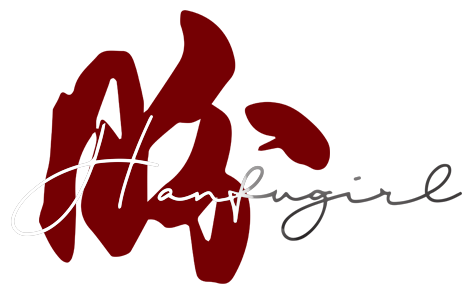Your cart is currently empty!
Is your Government better than the Tang court?

Conflict of interest is a serious matter when it comes to public servants, and in Singapore, we are all too aware of it. So we have strict rules for anti-corruption here, with a recent minister being sent to prison for receiving free hotel stays, business class flight tickets, F1 tickets with lounge access and free food & drinks (a must for Singaporeans), golf stuff, and lots of booze.
So how does Singapore’s strict anti-corruption policy fare in comparison with Tang dynasty’s? And is it easier to survive as a small business in Tang compared to Singapore?
I’ll just list a few of the rules, and you can judge for yourself!
HIGH AWARENESS ON CONFLICT OF INTEREST
It might surprise you to know that way back some 1,400 years ago, the Tang court were also extremely concerned with the potential abuse of power by the high-ranking officials and set strict rules to curtail their commercial activities and influences.

The 3 rules of Tang that deterred Conflict of Interest amongst its public servants:
1. No engagement in commercial activities
Right at the start of the Tang dynasty, in the early 7th century, the emperor issued a rule that no high rank officials (Minister-ish level today) should be allowed to participate in any commercial transactions and ownership.

Clearly the emperor understood the potential abuse of power that high ranked officials could have and how it would handicap the economy in time to come when the actual merchants were unable to fight with the big and powerful players with an unfair advantage in court.
It was also bad faith to appoint anyone with a business background or connection to do anything in public service, regardless of the relevance of the business to the job. It could be perceived as snobbishness, that idea that anything business was regarded as low and unworthy of public service. It could also be perceived as being extra careful about the slippery slope. This was especially when the appointment should be internal—get those who already succeeded the Imperial Exams, instead of external—from outside of the system.
2. No owning of certain commercial properties

By early 8th century, the emperor probably realised that the lower ranking officials of aristocratic background could exploit their power as well. So he came up with another rule that forbad aristocrats with public servant role of Middle Management level and above, from owning rentable spaces (i.e. inns and parking facilities).
3. No family member or subordinates should engage in commercial activities too
Obviously, the Chinese never believed that public officers/politicians are independent from their families and associates. So right from the start of the 7th century, the rule of no commercial engagement included their spouses, family members, and even subordinates and associates.
Very sharp.
SUPPORT SMALL BUSINESSES
Rental has always been the biggest killer in commercial activities. That rings true across all time and civilisations. The public servants of reasonable influence were busy renting out their shopfronts with high rates, supported by the flourishing of trade in the Tang capital.
The ruler realised that in order for trade and economy to flourish, they had to do something about the crazy rental rate. They couldn’t just let the greedy profiteering landlords suck the economy/people dry (Singapore, please note). So they actually implemented a cap for the monthly rental rate for each store in the markets.
Guess how much? 500 copper coins.

Which is roughly about S$400 worth of purchasing power.Imagine, paying rental for a shop at Orchard Road for S$400 a month!
Again, very en pointe.
LAW AND ENFORCEMENT
Technically, those of business background/family would have no chance at becoming a public servant in the Tang dynasty. However, the reinforcement of rules has always been dependent on the power of the central government.

Across all the different dynasties, we know that as the dynasty slowly progresses into a decline, many of the laws were poorly enforced.
Likewise, in the Tang dynasty, from mid-Tang onwards, there were increasingly more cases of merchant-origin folks who became public servants through bribing high rank officials. It could be the changing of their caste from merchant caste to higher caste when the high rank official recognised them as his relative. Or, they just outrightly purchased their public servant titles. Or, they could participate in the Imperial Exams, even though technically it was forbidden for merchant caste to do so.
Certain rules would make it hard to implement in today’s world, especially the one related to family and wives not being in business. Singapore tried to pay our ministers well enough to discourage them from corruption, but even if that stops the ministers themselves, they can’t stop the wives or associates. Women are individuals and not so much as an attachment to men in today’s world, so it is impossible to enforce a rule that stops family members from doing business or working outside of public service.
PEOPLE ALWAYS GET AROUND THE RULES
The Tang Penal Code was the earliest, most comprehensive law of that time in the entire Sinosphere/East Asia. While westerners like to call Chinese societies as not very rule-based, we can see that it is again, a very euro-centric opinion that doesn’t hold much water. Chinese societies had been refining their law with an artefact of a bamboo scroll documenting the laws of the Qin era some 2,240 years ago.
But the problem is always with human ingenuity to get around the rules, and in the weakening of central power in enforcing the rules.
So we are in 2024, and I wonder just how modern governments today compare themselves to the Tang court and rules some 1,300 years ago. And if there might be some rules that we could consider adopting?


Leave a Reply